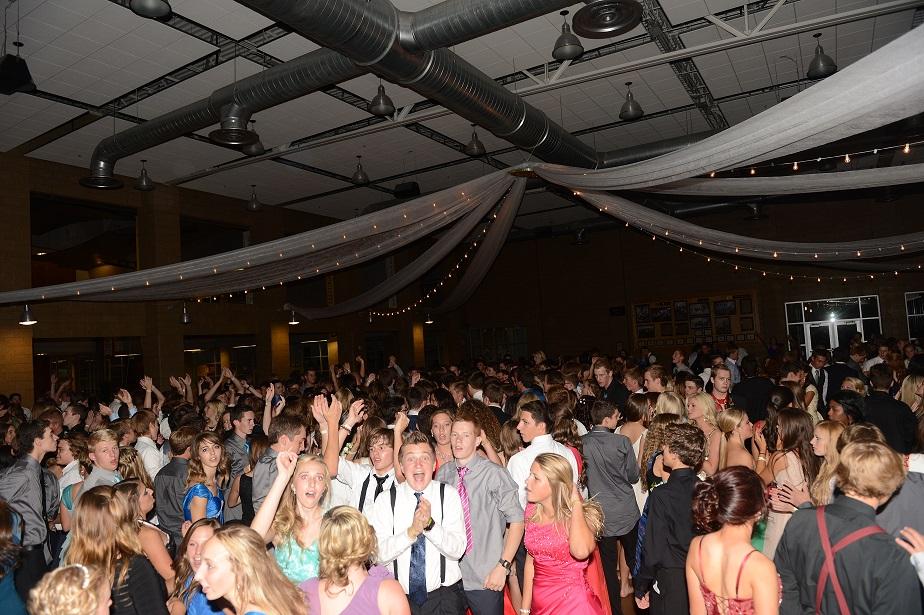Americans are Reading Less than Ever
Leisure reading is under siege. Within the last 15 years, the amount of leisure reading we have done as a society has dramatically reduced from about twenty-eight percent to nineteen percent. This marks a dangerous trend in America, notably the substantial lack of critical thinking skills and the ability to take in information from texts.
According to the American Time Use Survey, roughly 28 percent of people over the age of 15 read for leisure in 2004 whereas when they took the same survey in 2017 the percentage of those who read for leisure had dropped nearly 10 percent. To put that in perspective, in 2004, 91 million people read in their free time, whereas in 2017, only 59 million people read for leisure, a drop of roughly 32 million people.
While the Time Use survey showed a drop in people reading for leisure, the Pew Research Center found that those who have not read at all in the past year has increased drastically. In 1990, a study performed by Gallup found that 16 percent of the American population had not read at all in the last year. In 2019 however Pew Research Center found that the number of those who had not read a novel or play in the last year had risen to 27 percent, nearly a third of the population.
This prospect is alarming, as the decrease of reading influences both prospects very important to job finding as well as college, critical thinking and the ability to understand and take in information from text. Today, the vast majority of reading our society does is Instagram messages and texts. In college, however, you read from 400-page textbooks and are expected to be able to pull information from them. That jump, from two or three sentence posts to 400-page textbooks filled with academic language and complicated subjects is simultaneously an unnerving and terrifying jump to make.
When it comes to finding careers, however, it can prove even more terrifying. While a third of our population doesn’t read, 86 percent of employers state that critical thinking and written communication is vital to those who they hire. That means that of the 27 percent of people who don’t read, and thus have less experience with those vital skills, 13 percent of them will be looking for a job that values critical thinking and writing vital to their employees.
The problem of reading is not a new idea, as the idea of leisure reading has been declining since the 1970s; however, this is not a problem that is going to go away on its own, and it needs to be solved, or else we face the problem of a generation that is lacking in vital critical thinking and communication skills.

My dear sir, there are people wandering the streets of London at this very moment with faces of squid! Squid! Do you ask their gender? And yet you waste...
























